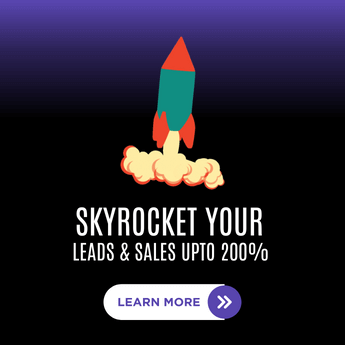ERP system helps these businesses in managing the data and assists in the functioning of the operations. ERP system needs to be updated with the latest technology so as to, make the operation much simpler and business-friendly.
However, the problem, of whether to use cloud ERP or on-premise ERP solutions is still a question among business houses, which is why this article could give a detailed explanation in clarifying the same.
Mostly, business houses choose ERP software based on business requirements and the nature of operations.
How on-premise is different from cloud services?
What is on-premise service?
It is a type of software that can be implemented for use, internally. Moreover, safety, updates, and maintenance are also done internally. After the company installs the software, it needs to pay for additional servers, a database, and an operating system.
The company enjoys total ownership of the software as there is no other third-party vendor to operate the software.
What is cloud computing?
Cloud computing is the delivery of technical resources through the internet with a pay-as-you-go model of pricing. Cloud software, which is also termed SaaS (Software as a System), removes the infrastructural and licensing hindrances. The software charges an annual fee for the maintenance of the servers, software, and networks. The access for the users can be acquired through a web portal, where all the vendor-hosted information is also stored.
If the company refuses to share any internal resources, they have the option to opt for a private system as well. Through cloud computing, the user can ask for backup control, upgrades, and additional customization. Cloud computing ensures, guaranteed privacy of the data stored, even if the cloud service is shared.
Differentiating between On-Premise ERP and Cloud ERP Software
What is On-Premise ERP Software?
On-premise ERP software runs on servers that are being controlled in-house and it has to be operated from a physical location. It is also the same place where the maintenance work also takes place. The company keeps complete supervision of the software and its data.
This is an older version of the software and it does not have any third-party team to control and maintain the software. In case of any issue, the users will have to solve it on their own as there will not be any customer support team available for the customers.
What is Cloud ERP Software?
A cloud based ERP solution enables users to apply the ERP system in their businesses through the internet. Cloud ERP costs much less as compared to on-premise ERP due to the lack of infrastructure and license costs. The software is used by the customers but it is controlled by the third-party vendor who ensures the trouble-free running of the operations.
The customers for cloud ERP do not own the software. They rent in on a yearly or quarterly basis through a subscription package. There are no additional costs involved with the subscription. The vendor team takes care of all operational activities, like solving issues, upgrades, security, data storage, and innovations.
What to consider when choosing between On-Premise ERP and Cloud based ERP Software?
There are certain factors that a business need to consider before choosing between On-Premise ERP and Cloud based ERP software.
Cost of Ownership
The cost of running an on-premise ERP solution is high due to the acquisition of the servers, devices, hardware, and other components needed. Moreover, the company needs to keep a specialized team only for software purposes, as there will not be any dedicated team for providing support, storing the data, upgrading, or even managing the security of the data. Apart from large business houses, it will not be convenient to use on-premise ERP software.
Cloud ERP on the other hand, is much more economical as the additional costs are not included. There will not be any hardware and it can be purchased through a quarterly or yearly subscription basis where all the costs get covered. Cloud ERP solution systems have a dedicated team of representatives who works on behalf of the business. So, the users do not have to spend on the workforce for managing the software.
Upgrades and Enhancements
Upgrading in on-premise software is difficult as the software would erase all the customizations that were preset due to the update. The IT department needs to spend time on the software for installing the customizations every time the software gets updated.
The same is not the case in cloud based ERP solution, here the vendor team keeps the software updated with the new changes. With upgrades, the customizations do not get erased hence, the user can enjoy the latest features without hampering their business operations.
Performance and Accessibility
Cloud ERP solution offers better performance and accessibility to their users as compared to on-premise software. Cloud software offers better application performance and network enhancement than on-premise systems. The updated software works as per the needs of the users and even during rush hour, cloud ERP works smoothly. The cloud ERP providers manage the data, security, and accessibility of the software to its users. These services are very cost-effective as compared to on-premise ERP solutions.
Mobility
There can be only one user for on-premise ERP solution and it requires third-party support and a mobile device. Since the data that is involved are very vital so, there could security concerns to giving access to the software on a personal device.
In the case of cloud-based ERP software, only an internet connection is needed to use the software. The company does not need to worry about the security of the information and it is well-protected and is managed by the vendor team. Hence, the engagement rate for cloud ERP software is comparatively higher than for on-premise ERP solution.
Conclusion
With the changing time and pace of the business environment, users are looking forward to a much simpler and faster version of their software. With the disadvantages of on-premise software, it is not convenient for any business house in today’s time to work with that version. Business houses will be going to choose a cloud-based ERP software for their operations due to the flexibility and the cost-effectiveness that it offers to its users.























